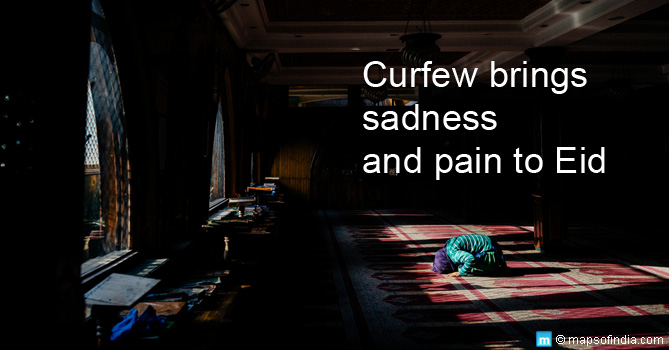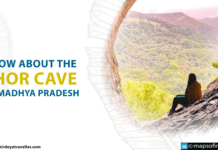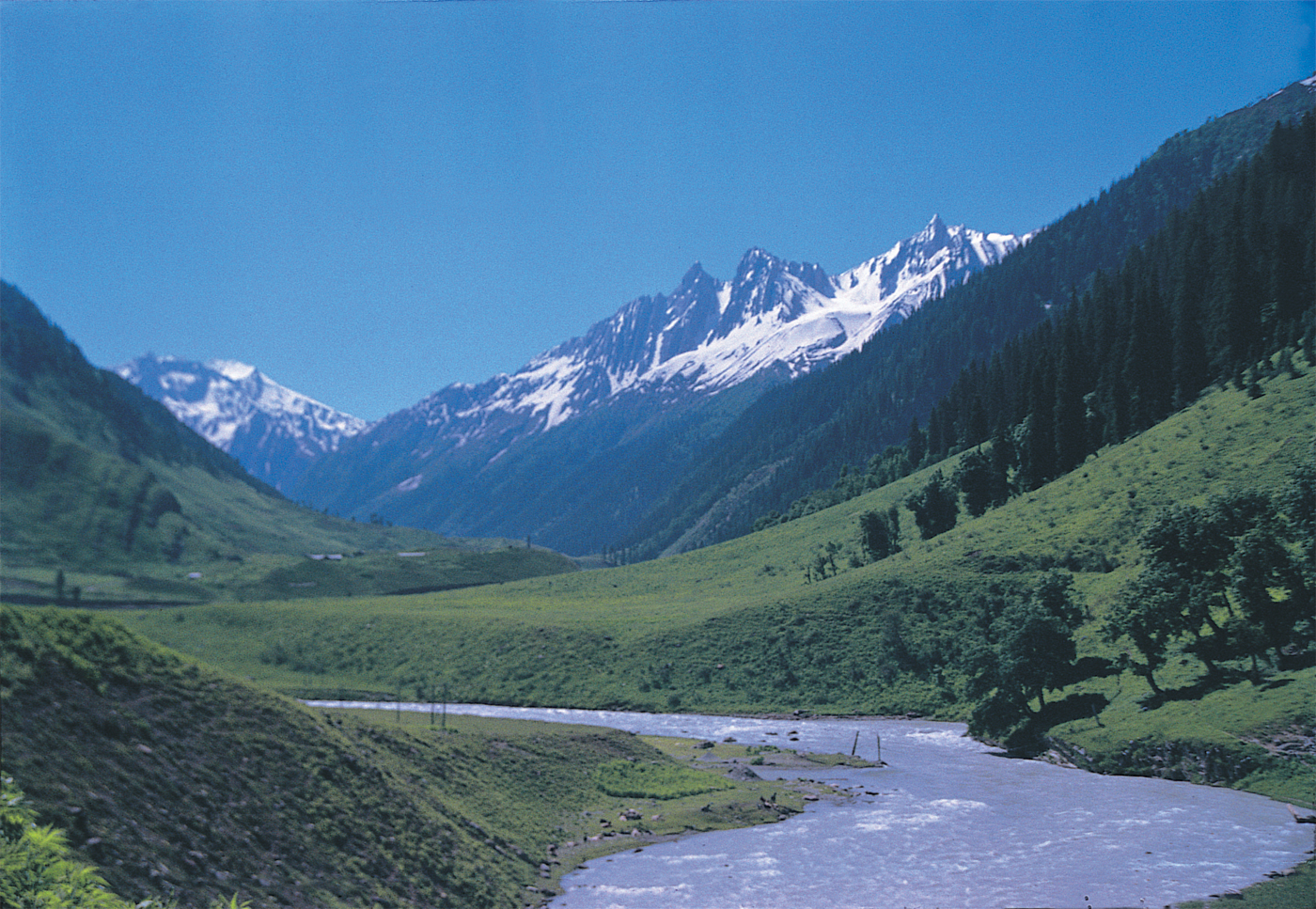In secular India, Eid has always been a festival of joy and brotherhood to not just Muslims but all Indians, wherein everyone joins in together for family and community celebrations.
Eid-ul-Adha is the time to get a taste of the best in Muslim cuisine, which begins with warm hugs between family members, friends, colleagues and neighbours, before indulging in the best of gastronomical delights.
But this year in the Kashmir Valley, Eid will bring no joy only sadness to people’s lives as there is an ongoing curfew in most parts of Kashmir. In keeping with a state so beautiful and serene, Eid has traditionally been a day of joy and peace and it was always infectious. Not this time.
Celebration is a far cry since the extended curfew has killed any hope of reconciliation for the long suffering people. Politics apart, the nation feels the pain for people of the valley who have been known for their warm hospitality, which many of us have experienced on our holidays to the exotic land.
So, how does rest of India go about offering Eid greetings when one section of its people are locked up in their houses, spending yet another joyless day.
On Eid, how does the phrase ’empty Hazratbal mosque’ sound; bereft of the usual excitement and fervor of collective prayer, especially in the backdrop of a hovering military chopper or drone?
A missed opportunity
Why did the Hurriyat reject the opportunity for a dialogue with representatives of various political parties; when they arrived in Srinagar with an open mind and were willing to speak to all stake holders, including the Hurriyat?
Just a dialogue could have opened the window for the state government to lift the curfew, at least for the festival. The Hurriyat knew very well that Eid was coming up and curfew on that day would only increase the hurt and anger among people? But isn’t that the fuel on which the Hurriyat survives?
Time to take a step back
So how did we, as a nation, allow this to happen? For years now, the Kashmir issue has been left to fester and burn and yet no political party has shown the political will or sagacity needed to take up the challenge of negotiating what will always be a political minefield.
Kashmir acceded to India on certain conditions as laid out in Article 370, but all political parties, since 1947, have been consistently diluting the commitment and trying to redefine and confuse the original principles of accession.
It is indeed true that with time politics in the state has also changed, and that all stakeholders need to take a step back and revisit the current ground realities, and work out a mutually acceptable solution. One that brings peace and prosperity to the people of the state.
That’s easier said than done. With a hostile neighbour fuelling dissent in the valley, the central government’s options are limited, unless the violence abates. But history has shown that each time the violence did abate, the state government and the centre sat back with ostrich eyes doing nothing and assumed all was well, just because people joined the electoral process. That’s been the real problem!
At the people level, the sense of alienation with the Indian state and the way of life the nation has to offer is only increasing and neither the state nor the centre is doing much to address this alienation.
For Kashmiris of the valley, they see no hope in either the Indian state or Pakistan, which itself is fighting for its survival against sectarian forces. They hope and romanticize about an independent Kashmir, but don’t have the far sightedness to consider the perils of a land-locked state with limited resources, caught between three heavily armed nations – China, Pakistan and India.
Military clampdown can only force the resistance down, but can never defeat it. Not unless it wins over the people. And for that to happen, the government needs to start a dialogue with an open mind and without conditions, with all stakeholders.
The people of Kashmir can live without the joys of this Eid, but only if there is a promise of a better tomorrow. But is there?
Degrading our founding values
If Kashmir Valley is bad, the rest of India is not doing too great either. Is this what our nation’s founders fought for when we won our freedom from the British? Why have the current lot of politicians so conveniently ignored the ideals of our founding fathers? What happened to the commitment to build a secular, inclusive and truly democratic India?
What we see today is a consistent degradation of ethics, morality and integrity in public life and this is now spreading to all sections of society.
India always wears its secularism on its sleeve and we claim to be proud of it, and yet, one minority community is being consistently singled out on account of eating beef. National and regional political parties are either silent on this, or are taking varied positions based on political convenience at a time when economic and social development should be the priority.
These days, political parties are revelling in outdoing each other on issues like language, temple, religious practices, or eating habits (beef), and all these are collectively threatening the very basis of our secular and inclusive principles, as enshrined in our constitution.
Adding to this, is the constant conflict between states on issues like water sharing, jobs, transit issues, and the like; all leading to people becoming more polarized and violent rather than moving towards being more inclusive and democratic. So is this going the be the new normal? The answer to that must be a resounding “NO”.
There is hope
It is time for people to rise above political, religious, social and economic divide and unite in reclaiming all the values that have naturally stood the test of time through our nation’s evolution over 5000 years.
Why should we all not join together in celebrating Eid, Deepawali or any other festival, with holistic joys for everyone rather than restrict it to any one community? What makes India unique is not the diversity, but the unity in diversity and if the rest of India has to win over people of Kashmir, then we must show them our best side of inclusiveness and tolerance.
That’s the only option if we are to ever hope of ensuring that no Eid, or for that matter any other festival, must ever go uncelebrated on account of curfew in any part of India. That will be the day we can all warmly say “Eid Mubarak” and with a hug.
Read More:






